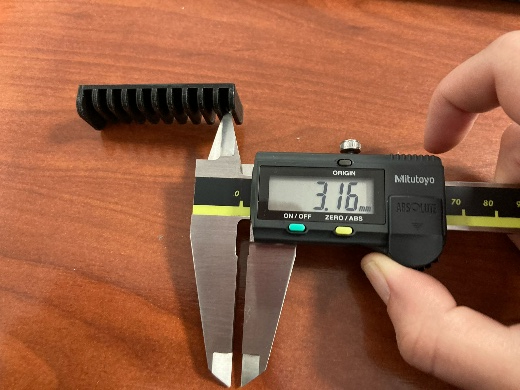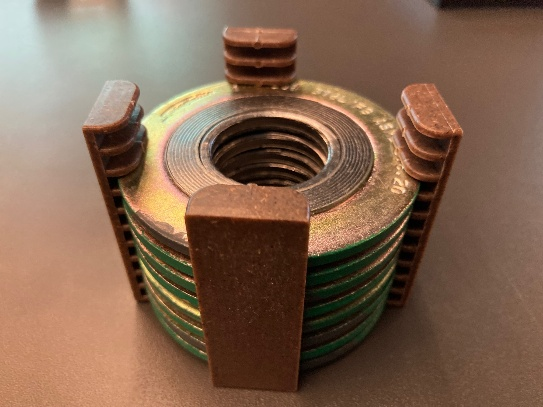Update on moving SWG spacers beyond plastic
Plastic spacers are commonly used to separate spiral wound gaskets (SWGs) during transport to prevent damage to the sensitive graphite sealing surfaces.
ESA initiated discussions with companies to explore renewable and circular alternative solutions to these plastic spacers. These discussions have led to initial collaborations with innovative partners focused on pioneering sustainable alternatives.
One such partner is utilising advanced technology to develop biodegradable biopolymers derived from organic green waste within the local circular economy. This cutting-edge solution is poised to transform industries like horticulture, agriculture, construction, food, and packaging by replacing single-use plastics.
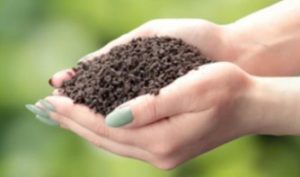
Key features of the biodegradable biopolymer solution:
- Sustainable origin: Converts organic waste into biodegradable pellets.
- Environmental impact: Decomposes in soil after 20–40 weeks, depending on the type of soil, humidity, temperature and size of the product, enriching it while significantly reducing plastic waste and CO₂ emissions.
- Durability: Offers a shelf life of several years, making it suitable for both short-term and long-term applications.
- Regulatory compliance: Aligns with the upcoming EU regulation mandating all plastic packaging in the EU to be recyclable by 2030.
- Ease of adoption: Compatible with existing injection moulding equipment, facilitating seamless integration into current manufacturing processes.
3D printed samples have been delivered for initial evaluation, as per the below photo.
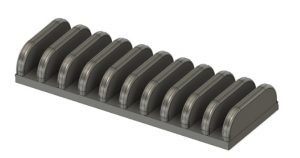
3D printed sample.
The feedback received was that they were a bit too rigid, not flexible enough to allow the positioning of the outer metal guide ring of a spiral wound gasket. The reason for this is that the composition slightly differs from injection moulded parts to enable 3D printing.
We also decided to improve on the gap clearance (3,2 -0, +0,2mm) as the sample measured may be too tight.
An initial batch of 500 injection moulded samples have been delivered and distributed to most of our members handling spiral wound gaskets. The injection moulded spacers are much more flexible to allow the positioning of the outer metal guide ring of spiral wound gaskets.
An initial batch of 500 injection moulded samples have been delivered and distributed to most of our members handling spiral wound gaskets. The injection moulded spacers are much more flexible to allow the positioning of the outer metal guide ring of spiral wound gaskets.
This promising solution has been reviewed and assessed during the Flange Gasket Division meeting at the ESA AGM in April 2025. ESA members were requested to provide their feedback before the end of May. After their evaluation, slight modifications are still possible when necessary to permit producing another batch of 500 samples.
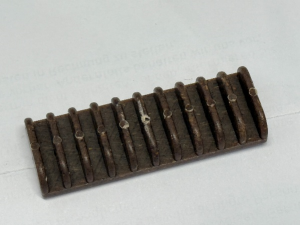
Injection moulded sample.
Sustainable alternative for LDPE stretch film
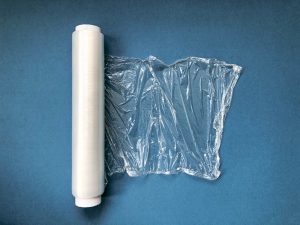
LDPE stretch films pose significant environmental challenges, often ending up in soil and waterways without proper sorting or recycling. While most sustainable foils are made from recycled plastic, they are not fully biodegradable.
Typical bio-compostable plastic alternatives include cellulose films, starch blends, polylactic acid (PLA), … The biodegradability of these materials depends on their chemical structure rather than their origin.
The European standard EN 13432 defines the minimum requirements for packaging to be suitable for industrial composting. Key benefits of biodegradable stretch films include:
- 100% compostable, ensuring eco-friendly waste management,
- no harmful gas emissions during production, minimising environmental impact,
- reduced landfill methane emissions when processed in industrial composting facilities,
- high tensile strength for durability and stretch up to 200%
- excellent clarity for visibility and presentation,
- compatible with both machine and hand applications,
- no microplastic generation, ensuring a cleaner environment.
These biodegradable materials break down at least 90% within 6 months in an industrial composting facility or a home composting setup. However, the exact duration of the process depends on the waste type, thickness and the type of composting facility.
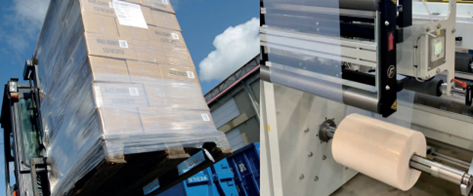
ESA is currently engaging with potential manufacturers to explore the production of biological compostable stretch film for packaging applications.
As the industry moves toward reducing plastic dependency, the search for sustainable alternatives remains a key priority.
Sandy Van den Broeck,
ESG Director, ESA

